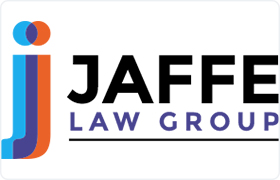Southfield Felony Lawyer, Michigan, page 2
Sponsored Law Firm
-
 x
x

Click For More Info:
-
Jaffe Law Group
30701 Barrington Street Madison Heights, MI 48071» view mapCriminal Law Advocates for Oakland County
For over three decades, Jaffe Law Group has helped individuals accused of crime, families dealing with tough legal matters, and injury victims get through a difficult time.
248-522-9545
Matthew Ross Cohen
Employment, Divorce, Felony, Medical Malpractice
Status: In Good Standing Licensed: 18 Years
FREE CONSULTATION
CONTACTNick Balberman
Divorce, Criminal, Divorce & Family Law, Bankruptcy & Debt, Felony
Status: In Good Standing
FREE CONSULTATION
CONTACTPatrick T. Barone
Criminal, DUI-DWI, Immigration, Misdemeanor, Felony
Status: In Good Standing Licensed: 33 Years
Ray E. Richards, II
Criminal, DUI-DWI, RICO Act, Felony, Personal Injury
Status: In Good Standing Licensed: 27 Years
FREE CONSULTATION
CONTACTRebecca S. Tieppo
Criminal, Felony, DUI-DWI, Estate, Landlord-Tenant
Status: In Good Standing Licensed: 21 Years
FREE CONSULTATION
CONTACT Brent Jaffe Madison Heights, MI
Brent Jaffe Madison Heights, MI AboutJaffe Law Group
AboutJaffe Law Group Practice AreasExpertise
Practice AreasExpertise
